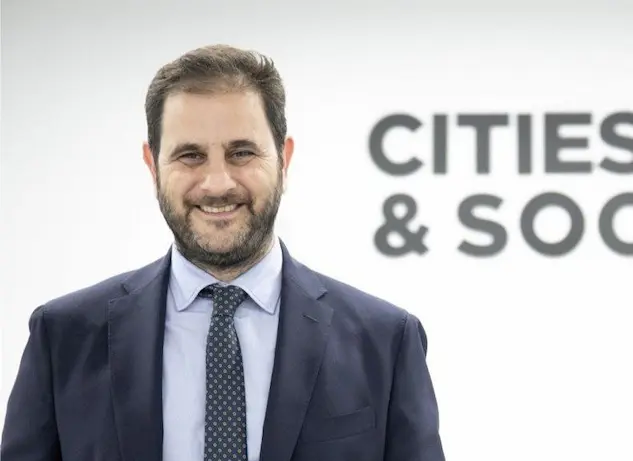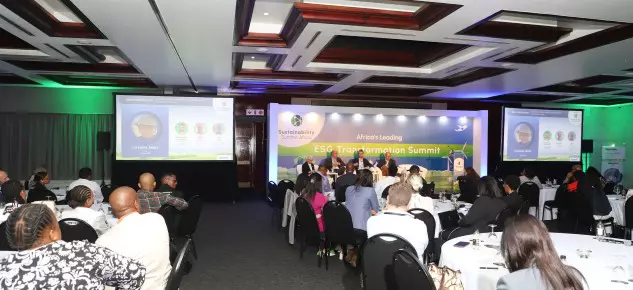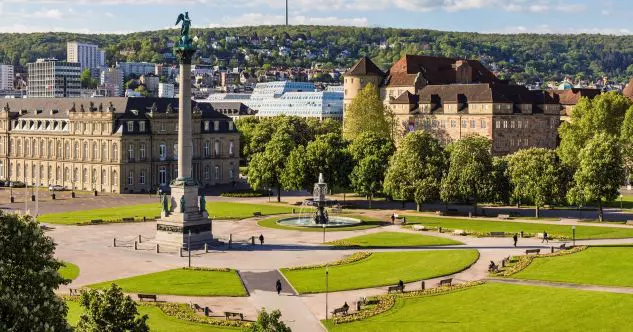Ecomondo 2025, Focus on Internationality: Interview with Alessandra Astolfi

At Ecomondo 2025, Europe’s leading event for the green and circular economy, industry and institutions will gather in Rimini to advance sustainable growth. In this interview, Alessandra Astolfi of the Italian Exhibition Group discusses Ecomondo’s expanding international reach and its role in driving innovation and the circular transition.
Read MoreEcomondo 2025, Focus on Internationality: Interview with Alessandra Astolfi







